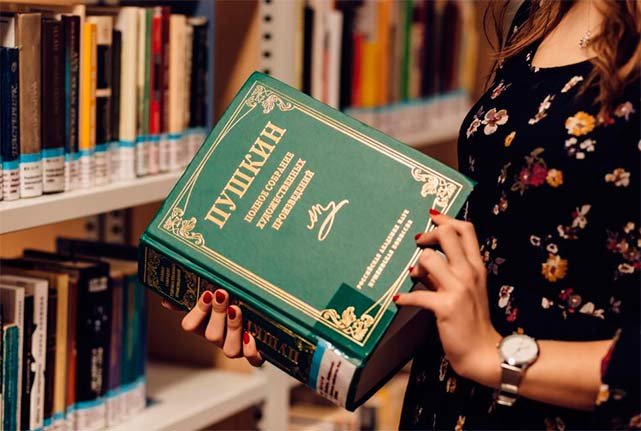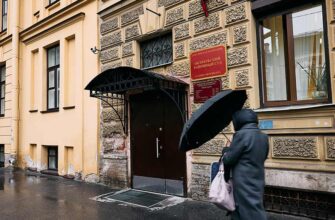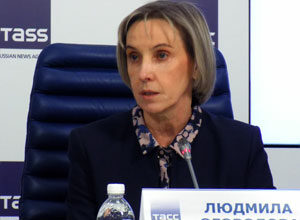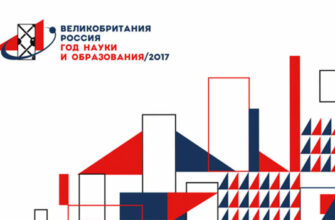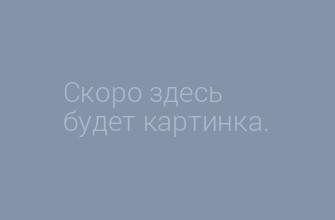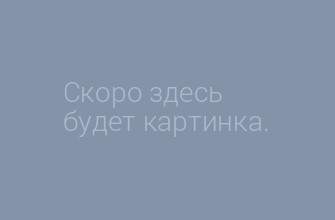On 07 July 2016 a national conference on the assessment of the quality of education was held in Moscow. The fate of the three quality assessment system existing today in the sphere of Russian education was discussed there as follows:
- The unified state exam (EGE),
The final state accreditation on educational programs of secondary education. Is a complexes of standards written assignments in the disciplines, relying graduates of the school absorption of the curriculum.
- Russian test works,
Represent a written test on selected subjects, while that for students in 4th and 5th grade of secondary school. They are based on a test, essays and other types of inspections used in the Soviet time. They will form the basis of integrated monitoring. The results of the national validation work entered into the information system to track student progress from elementary school to graduation.
- National studies of education quality (NIKO).
Selective regular surveys (at least 2 times per year) education quality development and monitoring of a single educational space in Russia. Are held in all secondary schools on selected subjects. 2020 will be held NICO in a foreign language.
According to Rosobrnadzor, research “is needed in order to understand the real picture of the education system”. “The conduct of any assessment procedures – a key factor in improving the quality of education”, – said Sergey Kravtsov.
Monitoring the activities of Universities in 2015, held the spotlight at the 900 universities and 1232 branches, came to fruition. 57 universities and 142 of the branch executed at least four of the main indicators of monitoring. From July 2016, were deprived of state accreditation and the right to admission 8 regional Universities.
Rosobrnadzor licenses to conduct educational activities. Disbarment can be temporary (suspension), conditional (until rectified) or full, depending on the nature of nesootvetstvie established by Rosobrnadzor of the evaluation criteria. In addition, the UNIVERSITY may lose the license to all kinds of activities, but specific (e.g., higher education). Now they can not issue diplomas of the Russian Ministry of the established sample and to guarantee students a deferment from the service.
Fully deprived of state accreditation for higher education programs:
- Ural Institute of Economics, management and law, branch in Kurgan;
For failure to provide documents to eliminate inconsistencies .
- Institute of management, marketing and Finance, Lipetsk. ;
For failing to ensure staff and irregularities in the formation of training programs.
- Ural Institute of Commerce and law in Salekhard;
For failure to provide documents to eliminate inconsistencies.
- Institute of management, marketing and Finance in Borisoglebsk;
For violations in formation of training programs.
- The Institute of international law and Economics named after A. S. Griboedov, a branch in the city of Lipetsk;
For violations in formation of educational programs of the availability of workshops.
- The Institute of international law and Economics named after A. S. Griboedov, branch in Ulyanovsk;
For failing to ensure staff and irregularities in the volume and updating educational programs.
- Russian international Academy of tourism branch in Pskov;
For violations in the content of assessment tools, scope and updating of educational programs and the failure of the staff.
- Rostov international Institute of Economics and management
For violations in the formation of assessment tools and practice programs, in the amount of the basic educational program.
In 2015, the rate of the University was estimated upon data on its branches; in 2016, the calculation will be performed separately on each unit. Another methodological change in the evaluation of Universities in 2016 will be the provision of data on the employment of graduates, taking account of levels of education, forms of learning, with the release of the second higher education and foreigners.
